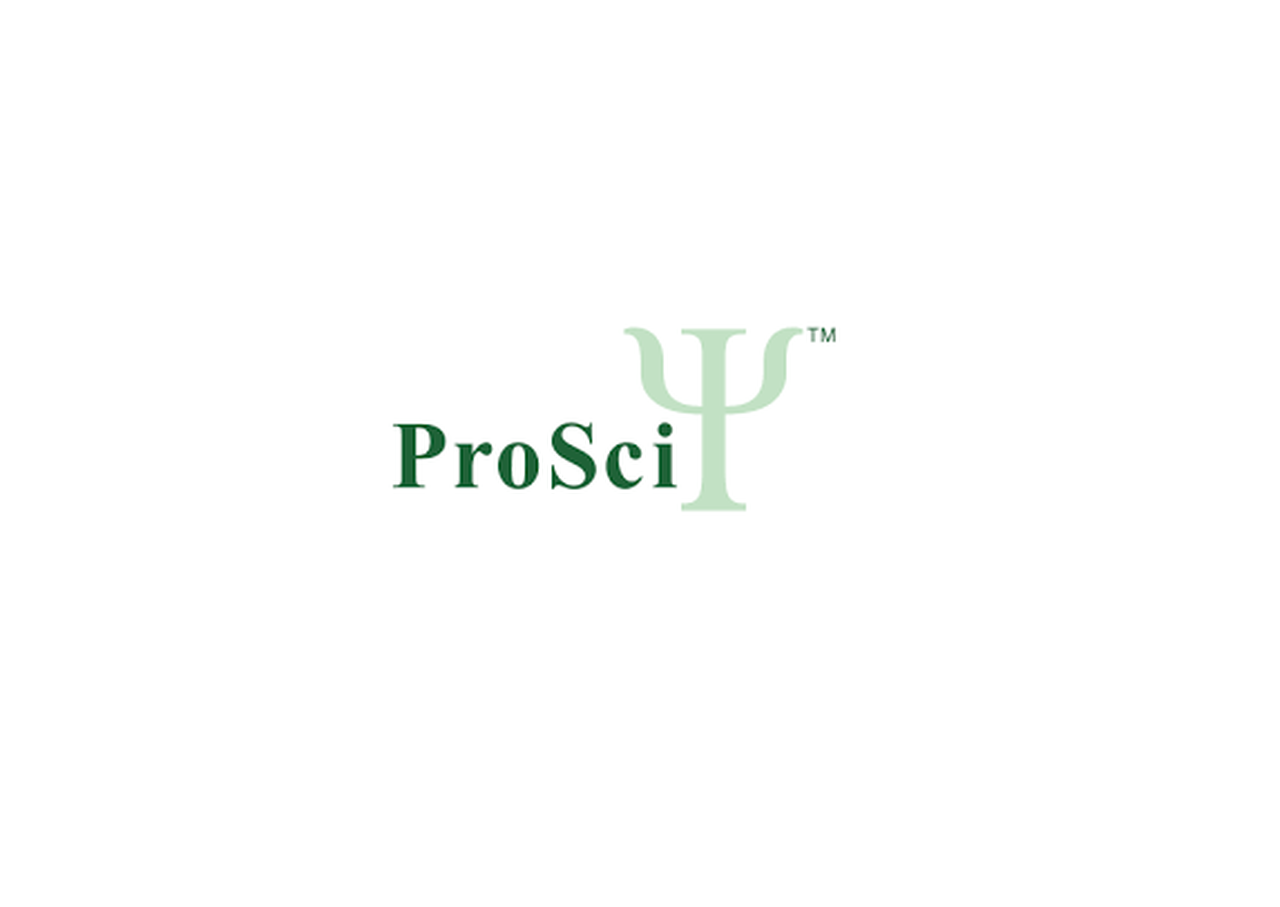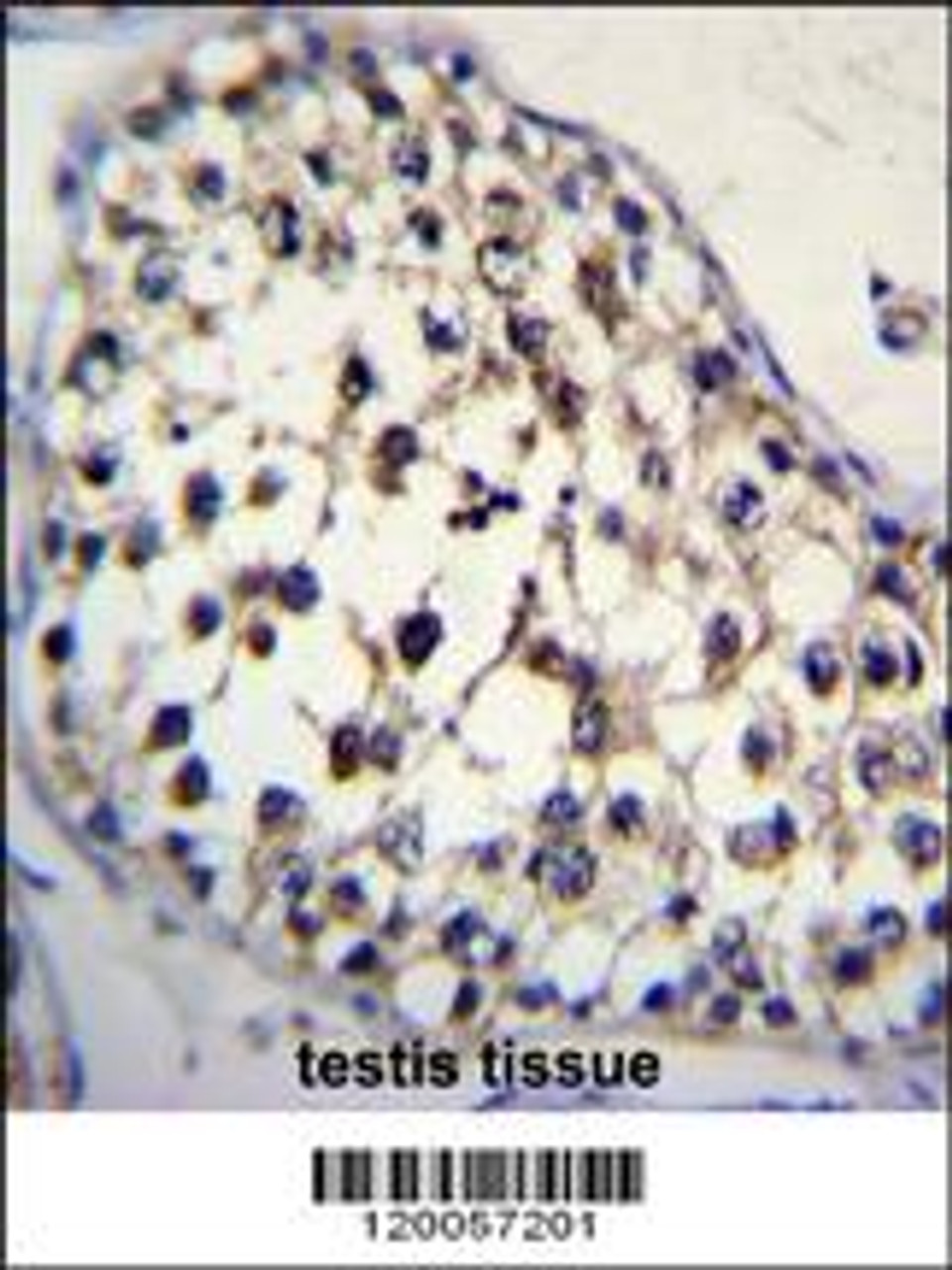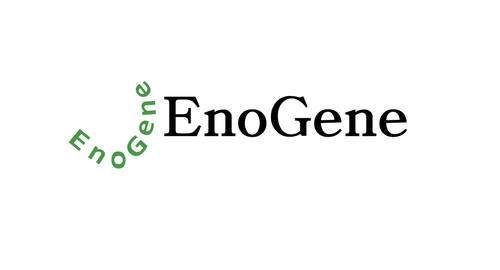Product Description
FUT8 Antibody | 55-648 | ProSci
Host: Rabbit
Reactivity: Human
Homology: Predicted species reactivity based on immunogen sequence: Mouse, Rat, Pig, Bovine
Immunogen: This FUT8 antibody is generated from rabbits immunized with a KLH conjugated synthetic peptide between 329-357 amino acids from the Central region of human FUT8.
Research Area: Cancer, Obesity, Signal Transduction
Tested Application: WB, IHC-P
Application: For IHC-P starting dilution is: 1:50~100
For WB starting dilution is: 1:1000
Specificiy: N/A
Positive Control 1: N/A
Positive Control 2: N/A
Positive Control 3: N/A
Positive Control 4: N/A
Positive Control 5: N/A
Positive Control 6: N/A
Molecular Weight: 67 kDa
Validation: N/A
Isoform: N/A
Purification: This antibody is purified through a protein A column, followed by peptide affinity purification.
Clonality: Polyclonal
Clone: N/A
Isotype: Rabbit Ig
Conjugate: Unconjugated
Physical State: Liquid
Buffer: Supplied in PBS with 0.09% (W/V) sodium azide.
Concentration: batch dependent
Storage Condition: Store at 4˚C for three months and -20˚C, stable for up to one year. As with all antibodies care should be taken to avoid repeated freeze thaw cycles. Antibodies should not be exposed to prolonged high temperatures.
Alternate Name: Alpha- (1, 6) -fucosyltransferase, Alpha1-6FucT, Fucosyltransferase 8, GDP-L-Fuc:N-acetyl-beta-D-glucosaminide alpha1, 6-fucosyltransferase, GDP-fucose--glycoprotein fucosyltransferase, Glycoprotein 6-alpha-L-fucosyltransferase, FUT8
User Note: Optimal dilutions for each application to be determined by the researcher.
BACKGROUND: This enzyme belongs to the family of fucosyltransferases. The product of this gene catalyzes the transfer of fucose from GDP-fucose to N-linked type complex glycopeptides. This enzyme is distinct from other fucosyltransferases which catalyze alpha1-2, alpha1-3, and alpha1-4 fucose addition. The expression of this gene may contribute to the malignancy of cancer cells and to their invasive and metastatic capabilities. Alternatively spliced variants encoding different isoforms have been identified.
 Euro
Euro
 USD
USD
 British Pound
British Pound
 NULL
NULL










